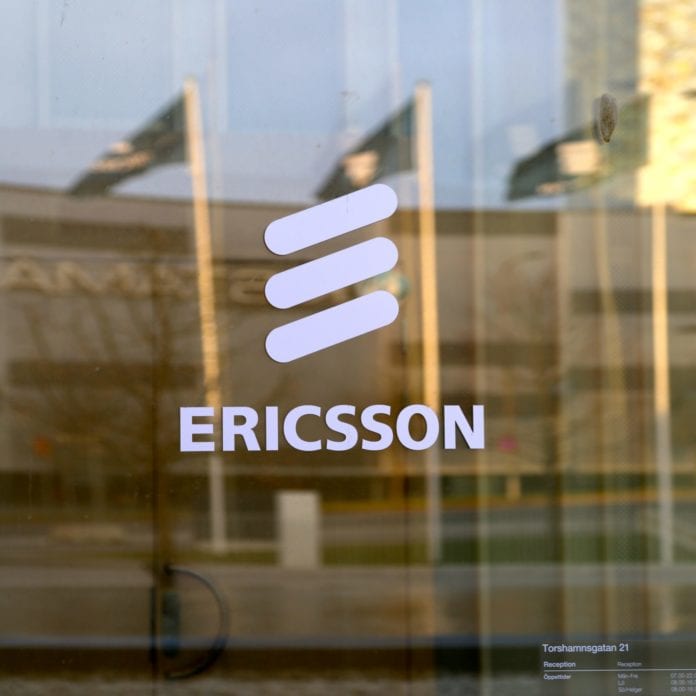Ericsson expects the global number of 5G subscriptions to reach 2.6 billion by the end of 2025, according to the latest edition of the Ericsson Mobility Report.
In the June 2019 edition of Ericsson’s Mobility Report, the Swedish vendor had forecasted 1.9 billion 5G subscribers at a global level by the end of 2024.
The latest version of the report also projects that 5G will cover up to 65% of the global population by the end of 2025 and handle 45% of global mobile data traffic.
According to the vendor, there will be nearly 320 million 5G subscriptions in North America by the end of 2025, accounting for 74% of mobile subscriptions in the region.
In North East Asia, Ericsson expects 5G subscribers will represent 56% of the region’s overall mobile base by end-2025, while 5G technology is expected to represent 55% of all mobile subscriptions in Western Europe at the end of the forecast period.
Ericsson also forecasts that LTE will continue to be the dominant mobile access technology by subscription during the forecast period. It is projected to peak in 2022 at 5.4 billion subscriptions and decline to around 4.8 billion subscriptions by the end of 2025 as LTE subscriptions migrate to 5G.
Fredrik Jejdling, Executive Vice President and Head of Networks, Ericsson, said: “It is encouraging to see that 5G now has broad support from almost all device makers. In 2020, 5G-compatible devices will enter the volume market, which will scale up 5G adoption. The question is no longer if, but how quickly we can convert use cases into relevant applications for consumers and enterprises. With 4G remaining a strong connectivity enabler in many parts of the world, modernizing networks is also key to this technological change we’re going through.”
During the third quarter of 2019, service providers continued to switch on 5G and more 5G devices became available. Around 50 service providers around the world have announced commercial 5G service launches, according to the report.
“Over the next six years, 5G subscription uptake is expected to be significantly faster than that of LTE, following its launch back in 2009. Key factors are the earlier engagement of China in 5G compared to LTE, for which the country was not one of the early markets to launch, as well as the earlier availability of devices,” the report stated.
Ericsson forecasts a total of 13 million 5G subscriptions by the end of this year, with China accounting for a big share of these subscriptions. In China, the country’s three state-run carriers have recently launched commercial 5G services. Sign-up of customers started even before launch, with more than 10 million 5G users registered in October 2019.
“Annual shipments of 5G devices are projected to reach 13 million units by the end of 2019. 5G has clearly outpaced LTE in the number of devices launched during its initial roll-out period. However, 2020 will be a different numbers game. 5G device volumes in 2020 are projected to reach 160 million units, with China expected to massively deploy 5G coverage,” according to Ericsson’s Mobility Report.

